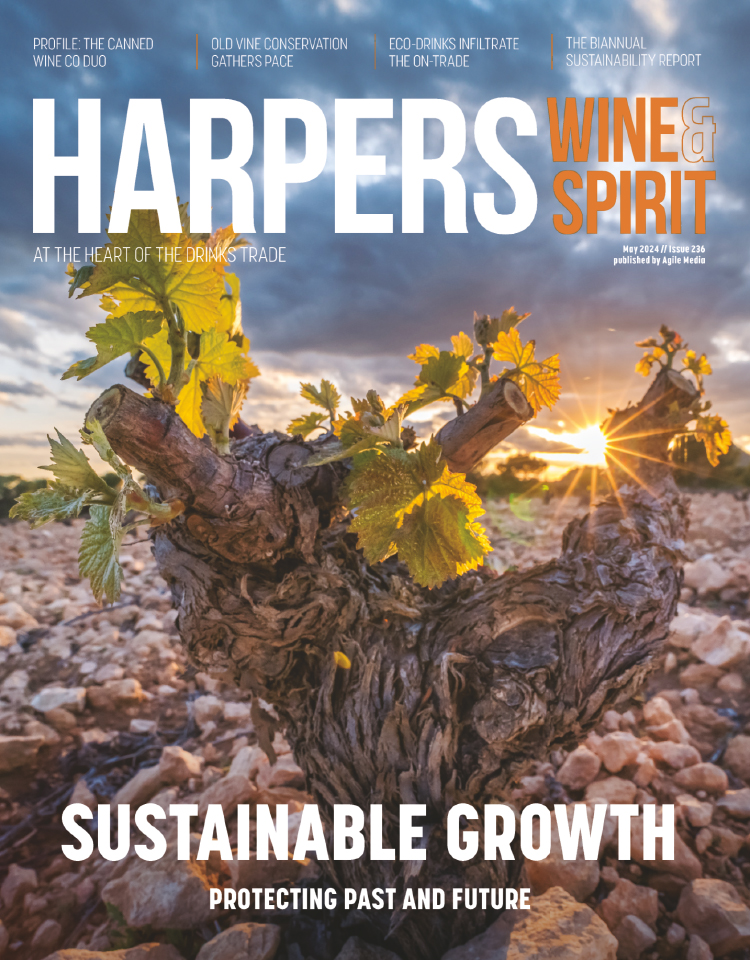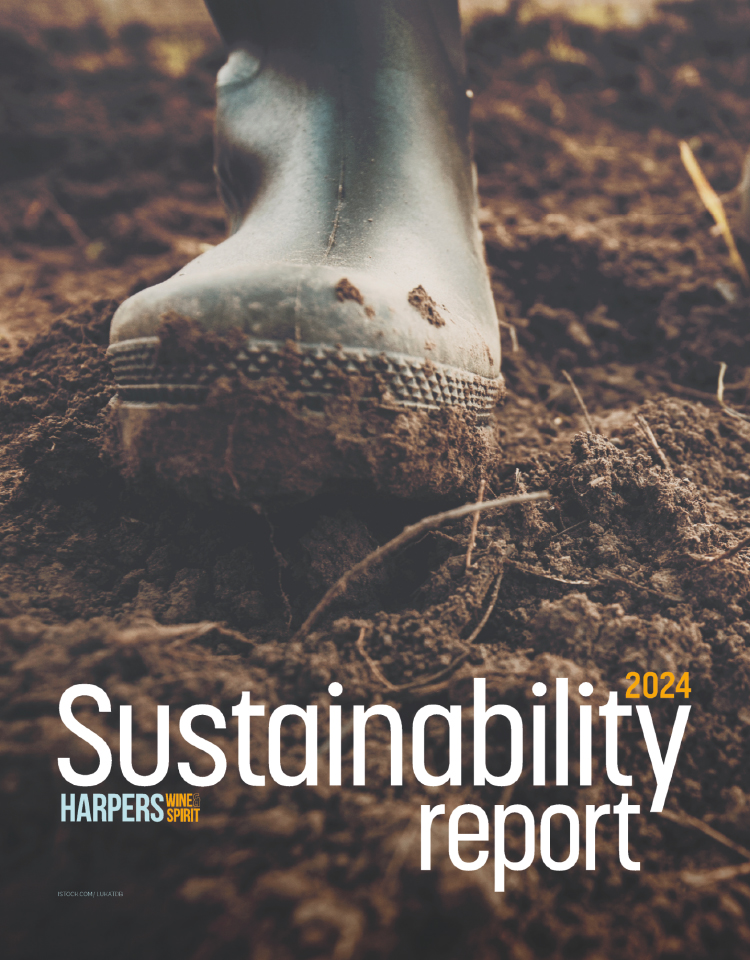
Essex and East Anglia primed for viticultural expansion say climate change researchers
Climate change researchers have pegged Essex and Norfolk as the next major areas to plant as warmer summers extend the area where grapes can be grown productively in the UK.
Vineyards in England and Wales have seen a boom in plantings and production in the past decade, with three million vines planted in the first five months of 2019 alone, much of it focused around Sussex, Surrey, Kent, Hampshire and the South West.
But climate researchers now say they have identified 35,000 ha of prime viticultural land in the UK that is roughly equivalent to the size of Champagne and which extends “far beyond the traditional fruit growing” past Kent and Sussex and into the lesser planted areas of East Anglia.
“Interestingly, some of the best areas that we found are where relatively few vineyards currently exist such as in Essex and Suffolk – parts of the country that are drier, warmer and more stable year-to-year than some more established vineyard locations," said Dr Alistair Nesbitt, CEO of Vinescapes, which authored the report on areas that are now suitable for viticulture.
“The techniques we used enabled us to identify areas ripe for future vineyard investments, but they also showed that many existing vineyards are not that well located, so there is definitely room for improvement and we hope our model can help boost future productivity.”
The new UK vineyard map will be one of the topics at an upcoming agricultural summit organised by members organisation Agri-TechE in Cambridge, where viticulture experts, farmers and technologists will discuss the emerging tech that is supporting growth in the industry.
Other topics include the impact of higher temperatures on diseases.
Climate change is “not going to make the UK the new Spanish Riviera” said Julien Lecourt, senior research scientist at NIAB EMR at East Malling (Kent), which is working on developing new red variety, Divico.
“Our climate is going to remain categorised as ‘cold/cool’ for viticulture while climate change predictions forecast more extreme events such as late frost. However, warmer temperature can also mean higher diseases pressure.”
A number of new tech innovations are being presented at the summit, including a project named ‘Britadapt’, which is running in collaboration with the University of Bordeaux.
The project is currently looking at 13 varieties, five of which are already largely planted in the UK, while eight are considered as not yet suitable for the UK’s climate but are “indicative of what could be grown in the future”, Lecourt said.
Also being discussed at the event is Vidacycle’s ripeness indicator software, which aims to give vignerons information to support better decision-making at harvest, including real-time to see how acids and sugars are progressing.
Vidacycle’s community lead, Annie Landless, who will be speaking at the event, said: “Using the tools to look at historical data, we can clearly see that ripening dates have gradually shifted earlier and earlier over the last 20 years – there is no doubt things are changing and the summers do appear to be getting hotter.
“Certainly, the reality of climate change to date is that everything becomes less predictable and more extreme, so building resilience becomes more important – and a healthy soil is the ultimate buffer.”
The Agri-TechE event for innovation in viticulture will take place on 11 February, hosted at Cambridge Consultants’ headquarters on the Cambridge Science Park.
Keywords:
- new
- UK
- Kent
- CEO
- vineyard
- climate
- Vineyards
- change
- climate change
- areas
- Viticulture
- East Anglia
- cambridge
- agri teche
- change researchers
- diseases pressure
- climate change researchers
- project named ‘britadapt’
- change predictions forecast
- higher diseases pressure
- new tech innovations
- NIAB
- EMR





